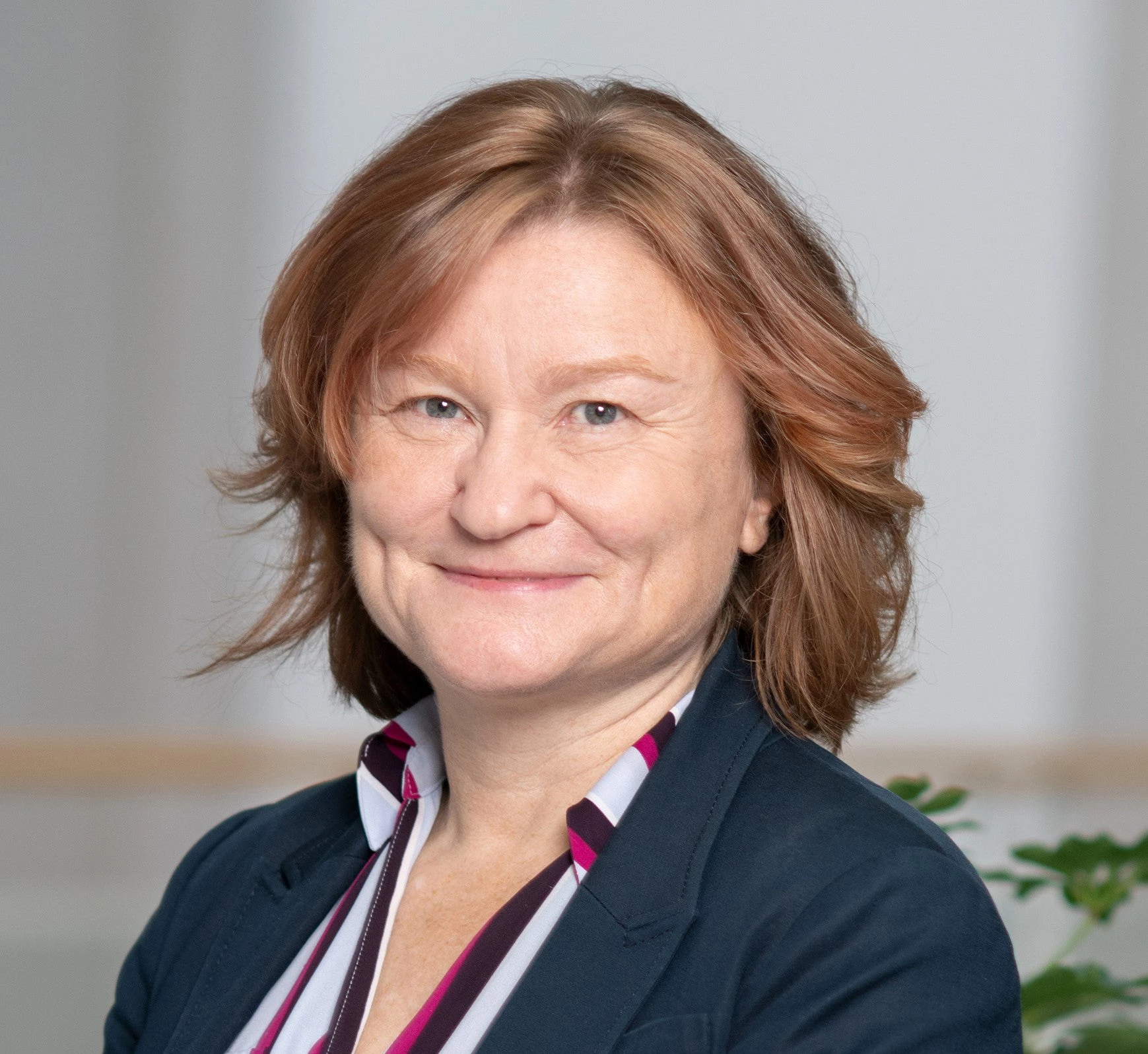 A black woman engineer at a solar station checks the maintenance of the solar panels.
A black woman engineer at a solar station checks the maintenance of the solar panels.
When I began my career as a water engineer, the maths was simple: soils and structures behave in certain predictable ways. Everything could, generally, be defined by equations and standards. “You dig ditches, right?” my friends would say. But throughout my career, I have come to appreciate that the most complex issues in infrastructure development in emerging markets and developing economies (EMDEs) involve creating incentives and structures to finance, build, and maintain sustainable and affordable infrastructure.
For over two decades, the Public-Private Infrastructure Advisory Facility, or PPIAF, has been instrumental in creating the conditions to enable such sustainable infrastructure. Through its Critical Upstream Strategy, PPIAF, a multi-donor trust fund, tackled one of the key obstacles to greater private sector engagement in infrastructure sectors in the last five years. PPIAF works with client governments in developing countries to strengthen the regulatory and institutional environment. During this time, we provided nearly $70 million in funding for almost 300 projects in 75 countries. As a result, we facilitated more than $9 billion in PPP transactions, especially in the energy, transport, and water sectors.
I recently took on the role of Program Manager for PPIAF as it launched the PPIAF Renew Strategy, FY22–FY27. In developing this strategy, PPIAF took a forward look at infrastructure investment and private sector participation. It considers key trends, significant challenges (such as a changing climate and increasing government debt), and opportunities, including the potential for using technology and digitalization to “leapfrog” to new service models and innovative sources of finance. With this context in mind, together with lessons learned from the previous strategy period, PPIAF aims to accelerate the availability of resilient, affordable, and inclusive infrastructure services by making it easier for the private sector to provide financing for infrastructure projects.
An expanded view of infrastructure
As the global economy faces stormy waters, the focus of our new strategy could not be more timely. Climate change has been an overarching challenge for some time. But as we head into the final years before 2030—the deadline for achieving the Sustainable Development Goals (SDGs)—climate issues have become acute and urgent. We’ve passed through the worst of COVID-19, we hope, but new variants could turn that success around in a matter of weeks. Energy supplies are under threat, fueling inflation at a time when public budgets are already under tremendous strain. Investors and governments are understandably cautious in this challenging, new world.
For many years, I’ve worked within the World Bank, the International Finance Corporation (IFC), and other development institutions to encourage the private sector to do more in EMDEs. I am convinced that we need to emphasize more than brick-and-mortar projects and the volume of investment dollars. The enabling environment matters. Good governance of infrastructure matters. Inclusive infrastructure that meets the needs of all people, including disadvantaged groups and those in rural communities, matters. Achieving our commitments to the SDGs matters. We have the experience and resources to get the job done. And within the World Bank Group, PPIAF has a vital role in making this happen.
We are not alone in these efforts. There is global momentum behind infrastructure investment in developing countries. The G20, G7, multilateral development banks, developing country governments, and the private sector have made this a priority and are working to make this a reality.
PPIAF’s work in Rwanda illustrates our new approach. Infrastructure is a top priority for the government, which introduced a PPP law in 2016 and has worked hard to improve the enabling environment. PPIAF supported the Rwandan government at several complementary levels. For example, we helped develop the country framework for infrastructure investments, conducted diagnostics, advised on reform and restructuring of the energy, water, and sanitation sectors, built government capacity based on global best practices, and supported efforts to stimulate public-private partnerships (PPPs), including implementation of the PPP law. Having been part of the transaction team for IFC’s Kigali Bulk Water Project, I take enormous pride in seeing water flowing from one of the few privately financed water projects in Africa. The question for me is how to take such approaches to scale to help mobilize the trillions of dollars needed to build sustainable and resilient infrastructure.

Under PPIAF's new strategy, and with support from our donors and partners, we have the mandate to do the hard work necessary to take such efforts to scale and bring infrastructure projects to fruition with private sector investment and participation.
Our latest annual report provides a thorough overview of our accomplishments during the previous strategy period and an overview of the work we are planning in the coming years. We look forward to sharing our experiences as we enter the difficult period ahead.
Jane Jamieson was appointed Program Manager for PPIAF on September 1, 2022. She also manages the Quality Infrastructure Investment (QII) Partnership.
Related Posts
Kigali Water: Lessons from one of sub-Saharan Africa’s first water PPPs
PPIAF’s recipe for enabling PPP finance: Good infrastructure governance


Join the Conversation